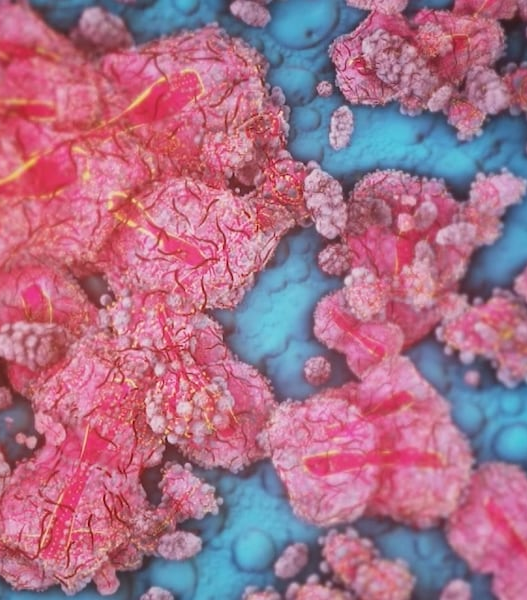Those who helped to reduce hypertension, such as drugs and coaching, have a low risk of dementia, researchers said.
According to the World Health Organization, 55 million people around the world had dementia in 2021.
But experts stressed that dementia is not an inevitable result of aging for a long time. The researchers have found that about half of cases may be prevented or delayed by solving 14 risk factors as well as deaf, smoking, obesity, excessive alcohol consumption and social isolation and hypertension.
Researchers now say that dealing with the end of these can reduce the risk of dementia by 15%.
Professor Jiang HE, a co -author of the University of Texas Southwestern Medical Center, said, “High blood pressure treatment can prevent dementia in ungin high blood pressure patients. Intervention must be widely adopted and expanded to reduce the burden of dementia around the world. “
Writing in the Journal of Natural MedicineResearchers in China and the United States have reported how they spread to 326 villages in rural areas in China, including 33,995 people over 40 years old.
The team randomly chose 163 people in the village, and 17,407 participants lived there, given intensive blood pressure management from non -doctoral medical service providers called “village doctors”.
This helps to adhere to the equipment and guidelines for monitoring free or cheaper drugs, health coaches, drugs and lifestyles (eg, weight loss, alcohol reduction and salt intake) for lowering given blood pressure with customized doses.
The other 163 villages, including 16,588 participants, received “general treatment”. This means that the participant’s blood pressure is managed in a normal clinical environment. Lifestyle changes are recommended, and some have taken blood pressure degradation drugs, but the group has not received free blood pressure monitors, drugs or coaching.
When researchers participated with the participants four years later, they found dementia by 668 intensive blood pressure management groups, compared with the general treatment group 734, and analyzed that the previous group had a 15% lower risk of dementia. Further studies show that the group had a 16% lower risk of cognitive impairment without dementia.
The team pointed out that the cognitive function of the participants was not evaluated at the start of the study, but the similarity of the participants of the two groups said that this would not distort the results.
However, Professor Joanna Wardlaw of Edinburgh University, who is not involved in this work, said that the study cannot release the relative contributions of optimal blood pressure control and lifestyle changes in the reduction of dementia risks, and the results reflect the combined effect.
Others added that similar research should now be carried out in a longer follow -up period, and this approach should be trial in other countries.
“We provide powerful evidence that supports blood pressure management and other cardiovascular risks to protect the brain during aging,” said Tara Spires-Jones, director of Discovery Brain Scires-Jones at the University of Edinburgh University.
But she added: “It is important to pay attention to the fact that treating high blood pressure is not a foolish guarantee because some people who are treated still have dementia.”









































